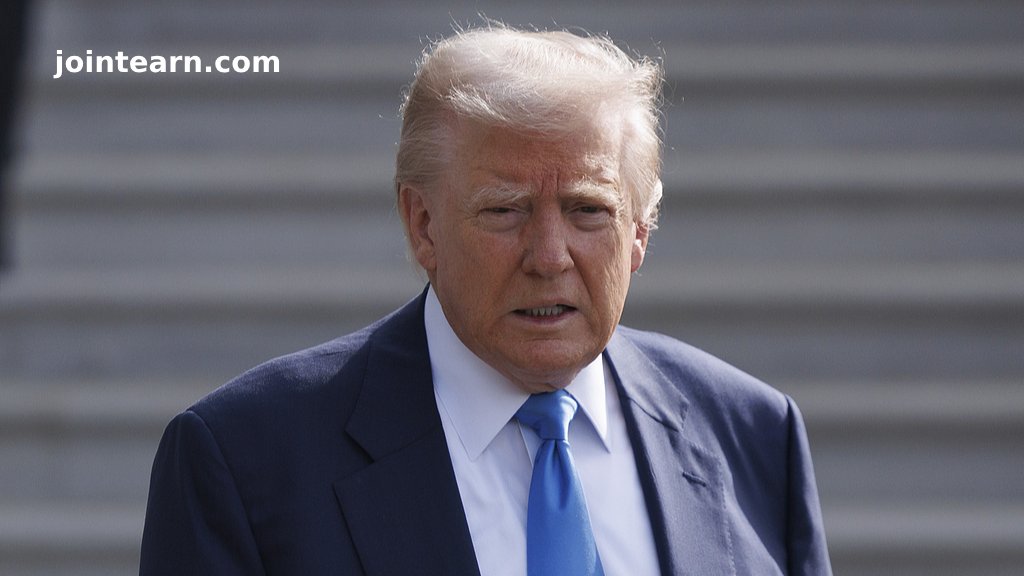A federal judge has canceled the corruption trial for New York City Mayor Eric Adams and appointed legal counsel to assess the Justice Department’s highly debated request to drop charges against him.
Judge Delays Dismissal Decision Until Mid-March
On Friday, Judge Dale E. Ho issued a written order postponing his decision on whether to grant the dismissal request until at least mid-March. To ensure a thorough review, he appointed Paul Clement, former U.S. Solicitor General under President George W. Bush, to analyze the government’s motion to drop the case.
Judge Ho emphasized the importance of “adversarial testing” in the judicial system, particularly in cases with unusual circumstances or significant public interest. He noted that during Wednesday’s hearing, there was no such testing of the government’s position, reinforcing the need for an independent evaluation by Clement.
DOJ’s Request Tied to Political Implications
During the hearing, Acting Deputy U.S. Attorney General Emil Bove defended the Justice Department’s request, arguing that prosecuting Adams so close to his reelection campaign would distract from his ability to support the Trump administration’s law-and-order initiatives.
Adams acknowledged in court that charges could be reinstated in the future—a point that has fueled speculation among legal experts that the case’s dismissal may hinge on Adams cooperating with Trump’s immigration enforcement plans.
Charges Against Adams and Political Fallout
The Democratic mayor was indicted in September on charges of accepting over $100,000 in illegal campaign contributions and travel perks from a Turkish official and other individuals seeking political influence while he served as Brooklyn Borough President. Adams, who faces multiple challengers in June’s Democratic primary, has pleaded not guilty and maintains his innocence.
Judge Ho has requested additional legal arguments on key issues, including the legal standard for dismissing charges, whether courts can consider external materials in such decisions, and when dismissals should be granted without the possibility of reinstating charges. Briefs are due by March 7, with oral arguments, if necessary, scheduled for March 14.
Legal Precedent and Expert Opinions
In his order, Ho referenced a 1977 case where a judge rejected a government request to drop charges. Legal experts see the appointment of Clement, a conservative lawyer, as a strategic move to ensure neutrality in a politically sensitive case.
Meanwhile, three former U.S. attorneys from New York, Connecticut, and New Jersey submitted a letter urging Judge Ho to seek input beyond just the government and the defendant before making a ruling.
Political Reactions and Resignations
The controversy has led to significant political repercussions. This week, four of Adams’ top aides resigned. Additionally, New York Governor Kathy Hochul stated that she would not immediately remove Adams from office but announced plans to propose legislation for increased state oversight of City Hall to restore public trust.
The Justice Department has remained silent on the issue, declining to comment. Adams’ lawyer, Alex Spiro, referenced recent remarks by Attorney General Pam Bondi at the Conservative Political Action Conference, where she called the indictment “incredibly weak” and criticized the case as an example of government overreach. Spiro urged the judge to dismiss the charges based on the evidence and legal standards.
Judge Ho has ruled that Adams will not be required to attend future hearings—a decision that could help mitigate political damage by avoiding high-profile court appearances. Adams continues to project confidence despite the crisis, insisting that his focus remains on governing the city.
Resignations Spark Internal DOJ Turmoil
The Justice Department’s decision has also caused internal upheaval. Bove’s request to drop the charges was initially rejected by then-interim U.S. Attorney Danielle Sassoon, who resigned shortly thereafter. Sassoon alleged that Bove had proposed a quid pro quo—suggesting Adams’ cooperation on immigration policy in exchange for the case’s dismissal.
Another prosecutor, Hagan Scotten, described Bove’s demand in his resignation letter as something only a “fool” or a “coward” would agree to. In total, seven prosecutors, including five high-ranking DOJ officials, resigned before Bove personally made the request along with two other Washington-based prosecutors.
Next Steps in the Legal Battle
As the legal battle unfolds, all eyes are on the March hearings, which could determine whether Adams faces trial or escapes prosecution. With the intersection of politics and justice at play, the case remains one of the most closely watched legal developments in New York City’s history.












